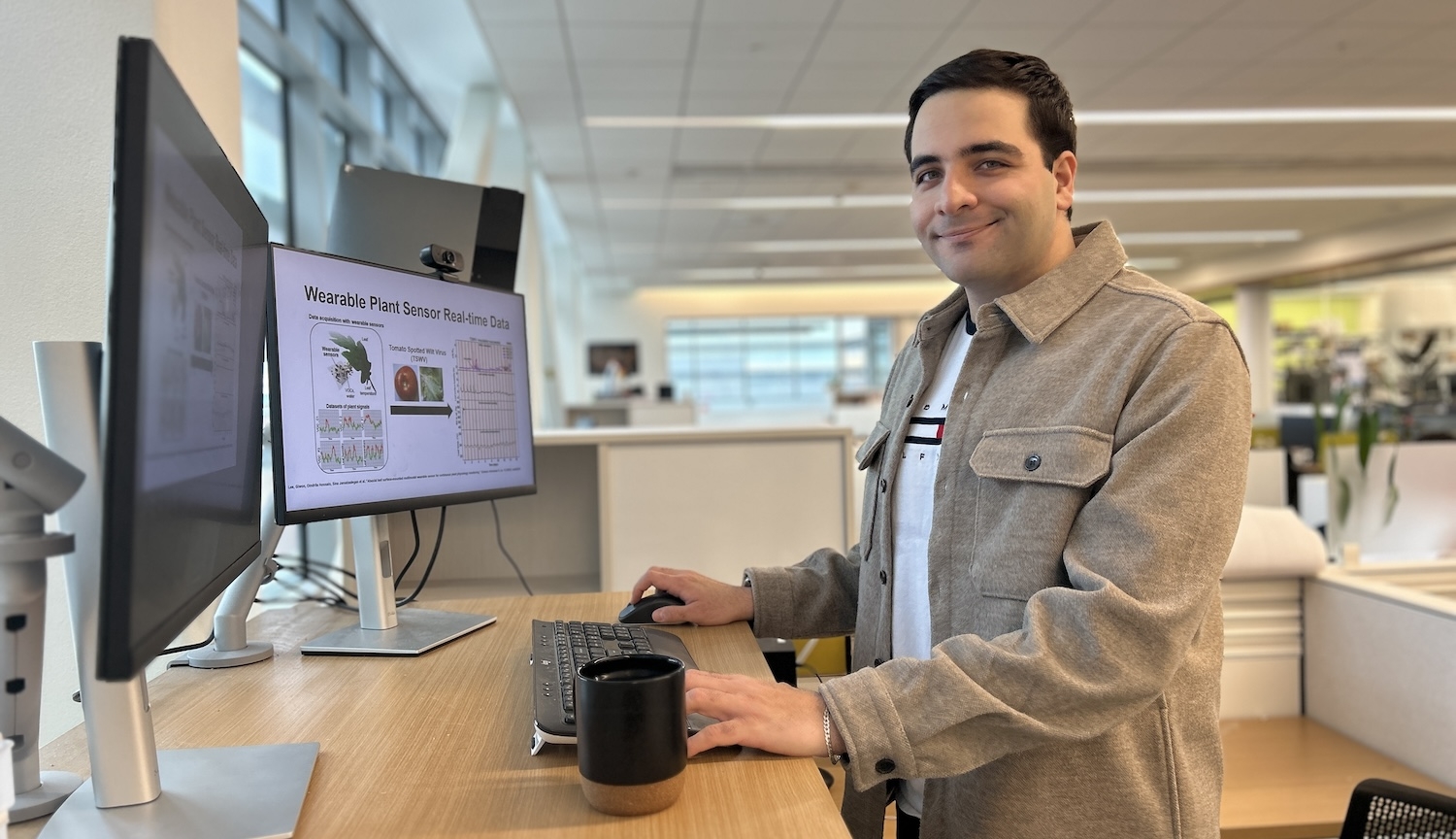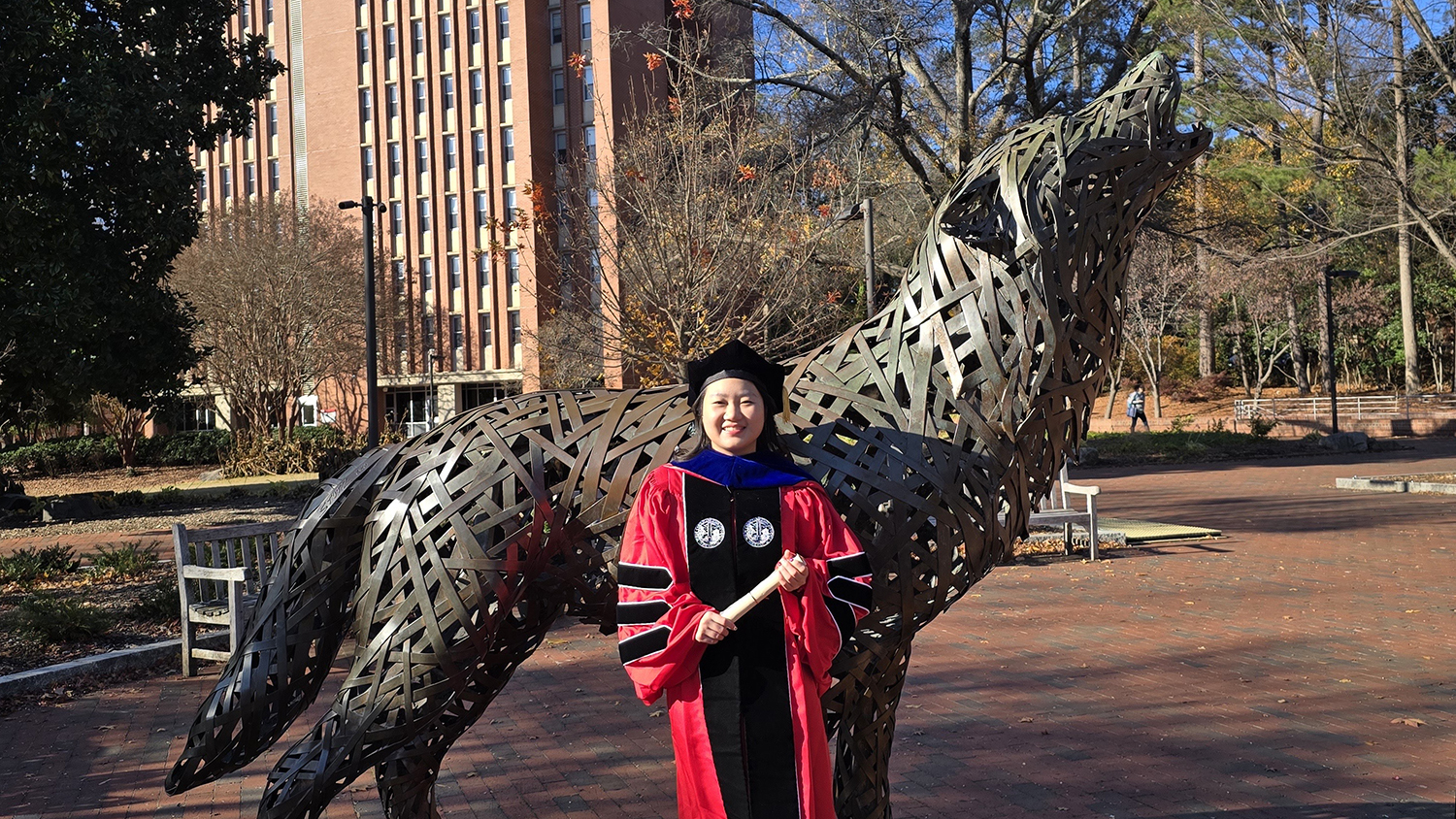Student team places second at Global Grand Challenges Summit

A team of NC State engineering students with a goal of making your morning cup of joe more sustainable finished second in a business plan competition at the National Academy of Engineering’s 2019 Global Grand Challenges Summit in London.
The theme for this year’s summit was “Engineering in an unpredictable world,” with a focus on two sub-themes, including one on sustainability as the world’s population increases.
To address that sub-theme, the five students created the business Peak Coffee Processing and developed an affordable treatment process to filter wastewater from coffee production into clean water and fertilizer that can be used by coffee growers to increase crop yields and reduce topsoil erosion.
The NC State team traveled to London for the competition and finished second overall in the competition and first among teams from the United States, receiving a £7,500 prize. There were 16 finalist teams in the competition — five from the United Kingdom, six from the United States and five from China. Other U.S. teams were from Dartmouth University, Oklahoma State University, UC San Diego, University of Southern California and University of Rochester.
The team of five students are: Silvana Alfieri, a senior double-majoring in environmental engineering and environmental policy; Kevin Duke, a junior majoring in civil engineering; Rachel Figard, a junior majoring in industrial and systems engineering; Grant Jordan, a senior majoring in industrial and systems engineering; and Pippin Payne, a senior double-majoring in mechanical engineering and religious studies. Their mentor is Dr. David Parish, assistant dean of academic affairs for the College of Engineering.
Their team was selected from more than two dozen U.S. teams to compete in the business plan competition at the summit, which took place Sept. 12-18. The summit occurs every two years and is the result of collaboration among the National Academy of Engineering (NAE), the U.K.’s Royal Academy of Engineering and the Chinese Academy of Engineering. Each academy selected five student teams for the competition.
The NC State team aimed to set themselves apart by approaching the issue of sustainability from both individual and societal viewpoints and worked to come up with an idea that united the two interests.


